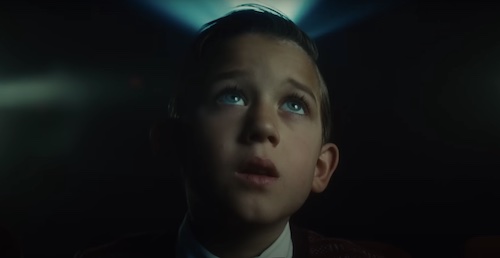
Jaws, Indiana Jones, E.T., Jurassic Park, Schindler's List – the collaboration between director Steven Spielberg and composer John Williams is nothing short of iconic.
For more than 50 years, the two men have been spinning cinematic gold out of the elusive relationship between moving pictures and accompanying film score, capturing the imaginations of film fans the world over.
Poignantly, their next partnership, The Fabelmans, is mooted to be their last. Spielberg adapts the story of his own childhood in this gentle tale of a young kid who aspires to become a filmmaker and the family that supports him along the way.
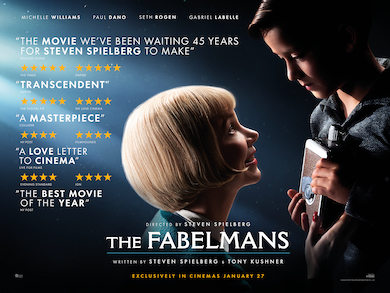
As one would expect, Williams' score is devoid of the bravado and sweep that has earmarked his large-scale score. Instead, there's a great sense of intimacy and domesticity with the melodies almost entirely centered around delicate piano performances.
To mark this historic moment in the Spielberg/Williams pantheon, we've looked outside their more famous scores to round up several underrated, yet equally brilliant, works. Scroll down to discover what they are.
1. The Sugarland Express (1974)
Movie history was made when Spielberg and Williams worked together for the first time on The Sugarland Express. This bittersweet, tragicomic road movie elicits a laid-back, bluesy score from Williams, replete with emphasis on harmonica and acoustic guitar to conjure a quintessential sense of Americana.
It's not as bombastic and blusterous as later Spielberg/Williams collaborations. However, The Sugarland Express demonstrated that the two men were immediately simpatico with one another.
2. 1941 (1979)
Spielberg's critically panned World War II spoof was lambasted for its strained, shrill sense of humour. Even an all-star cast wasn't enough to save it. However, one can always rely on Williams to preserve his sense of dignity.
In the manner of many successful comedy movie soundtracks, Williams plays it entirely straight, amplifying the po-faced absurdity of the movie with pompous militaristic marches and brass fanfares. It's not enough to redeem the movie but it does demonstrate the whimsical, humorous side to Williams' talents.
3. Empire of the Sun (1987)
Spielberg's bid for artistic maturity came with this moving adaptation of J.G. Ballard's novel, an account of the author's youth spent in a Japanese internment camp in Shanghai during World War II.
The manifest complexities of the storyline, which filters the fog of war through the prism of privileged, naive kid Jim (superbly played by Christian Bale), gains immeasurably from Williams' Oscar-nominated score. The composer deploys a host of choral effects, some plaintive, others ecstatically jubilant and Handel-like, to reinforce Jim's ironically skewed take on heroism and valor, while also lamenting his loss of innocence.
4. Always (1989)
Released in the same year as Indiana Jones and the Last Crusade, Always (a remake of the 1943 movie A Man Called Joe) was inevitably destined to be written off as a piece of forgettable, whimsical fluff.
Williams' score threatens to fall into the same trap. It lacks the dynamic counterpoint, robust orchestration and strong thematic writing that distinguishes his finest work with Spielberg. However, Williams' core skills are essentially invincible, meaning he's able to spin the score's airy, tinkly sense of frivolity into something just the right side of anonymous.
5. The Lost World: Jurassic Park (1997)
Not just a landmark achievement for Steven Spielberg, Jurassic Park (1993) was also significant in John Williams' career. Williams' score occupied a pivotal cusp between his high-flying adventure scores of old and the instrumental complexity that would come in later 1990s efforts such as Nixon (composed in 1995 for director Oliver Stone).
That said, Williams doubled down on the tribal aggression and jungle percussion in his score for sequel The Lost World. Rampant string glissandos and piccolo wind effects create an appropriately animalistic, creepy atmosphere as Williams buries beneath the wild exterior of Isla Sorna.
6. Amistad (1997)
Po-faced white saviour narrative or stirring dramatisation of the abolition of slavery? The jury is still out on Spielberg's earnest period drama Amistad. The urgent tone of the movie is assisted (and maybe in some cases hindered) by a typically forceful Williams score that again demonstrates his brilliance in absorbing multifaceted cultural idioms
The central hymn, 'Dry Your Tears, Afrika', deploys a rousing African voice choir and percussion to ground the score in a proud sense of cultural identity. The rest of the soundtrack is more subtle, variously yearning and deeply disturbing, Williams compelled to work carefully around the dialogue-heavy narrative.
7. A.I. Artificial Intelligence (2001)
It's always unfortunate when a movie's lukewarm reception also tends to taint its accompanying soundtrack. Spielberg's sci-fi adaptation of Pinocchio is spun off from Stanley Kubrick's initial premise (and itself based on a Brian Aldiss story): a complex, demanding narrative that vacillates between cold, sterile pragmatism and warm sentimentality.
Initially written off, A.I. has gained in stature in recent years, and the same can be said of Williams' ensuing score. It's one of the most intriguing from his recent period, ranging from heart-wrenching choral laments to astringent string adagios. The score assimilates robotic inhumanity and organic emotion at the same time, another impressive feather in the cap of the Spielberg/Williams brand.
8. War of the Worlds (2005)
Williams reached deep into his atonal, Close Encounters of the Third Kind (1977) idiom for this dark and churning sci-fi horror score. War of the Worlds has a shot at being Williams' scariest score, as striking and uncomfortable as his landmark Images (1972) while also alluding to the more turbulent sections of Jaws (1975) and Jurassic Park.
Don't expect a rousing 'March of the Martians' style centre-piece. Williams embodies the anger and driving force of Stravinsky in a highly underrated work that bottles the terrifying atmosphere of Spielberg's alien invasion epic.
9. The Adventures of Tintin: Secret of the Unicorn (2011)
Amazingly, Williams had never scored an animated movie prior to Tintin. Spielberg's performance capture adaptation of Hergé's classic comic strip is a buoyant and good-natured salute to the popcorn days of Raiders of the Lost Ark (1981). And Williams' energetic score follows suit, balancing a throwback jazzy theme for Tintin with a frenetic one for Snowy and a turbulent piece full of mystery for the central Unicorn ship.
One of Williams' most memorable pieces is 'The Duel', a witty and breakneck piece for solo violin that perfectly captures the bravado and intricacy of the movie's central swordfight. Nearly 40 years after Spielberg and Williams' first collaboration, it was evident that they still had the magic.
What are your favourite collaborations between Steven Spielberg and John Williams? With The Fabelmans on release at Cineworld from January 27th, 2023, let us know @Cineworld.
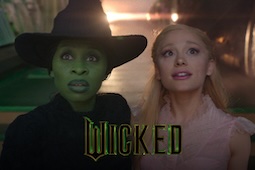

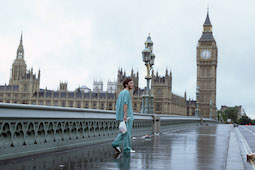

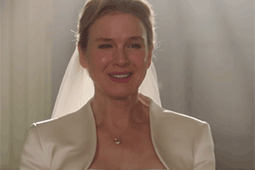
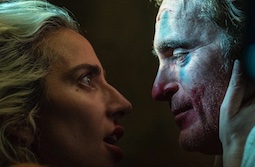
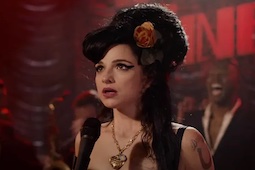
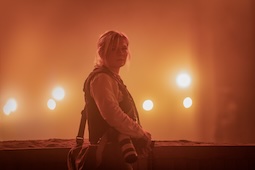
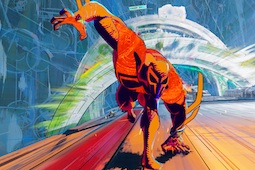
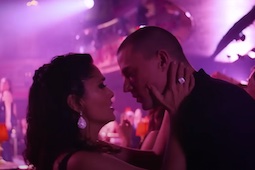

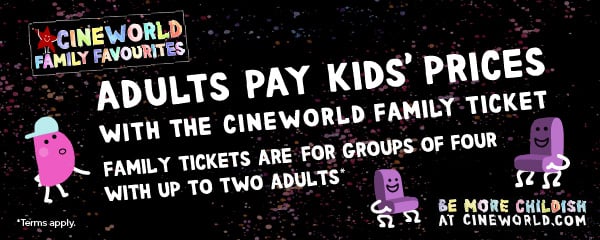

.jpg)
.png)



